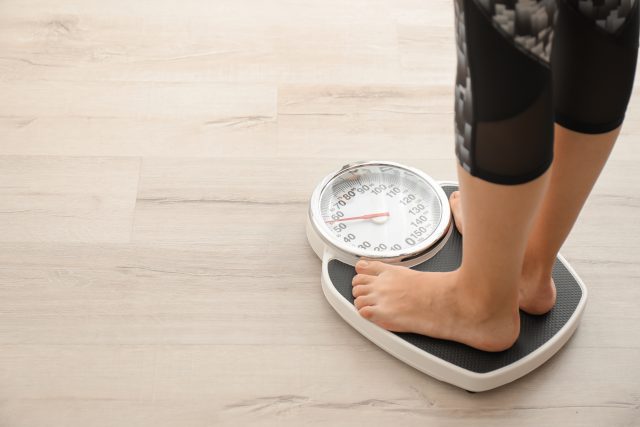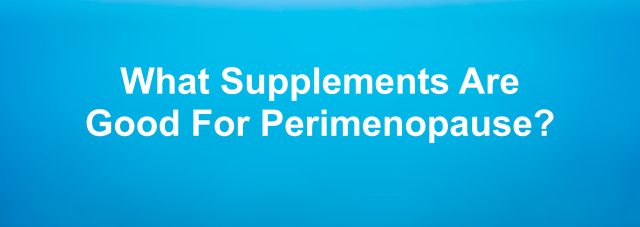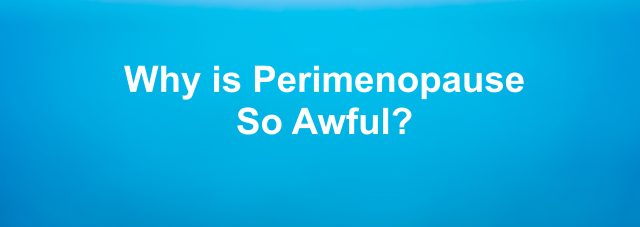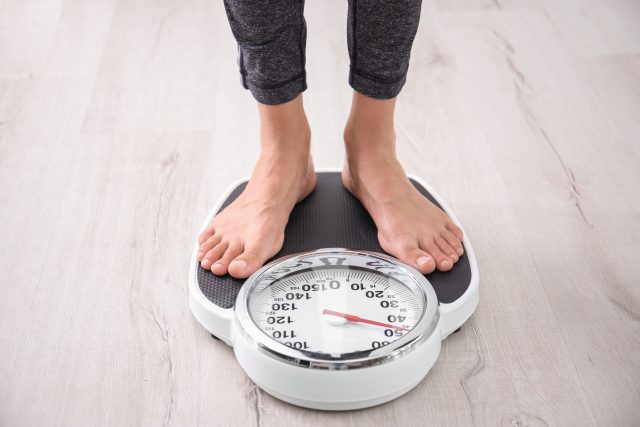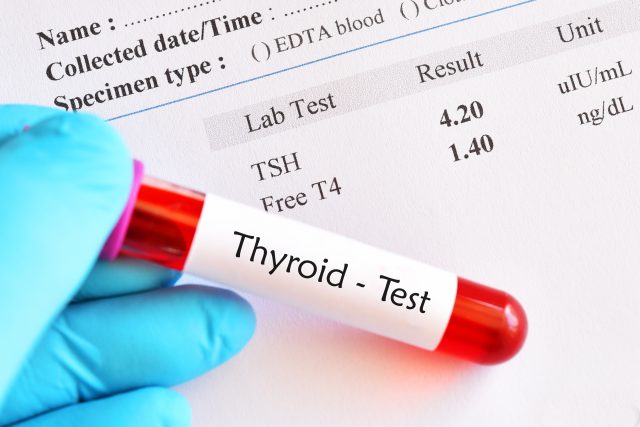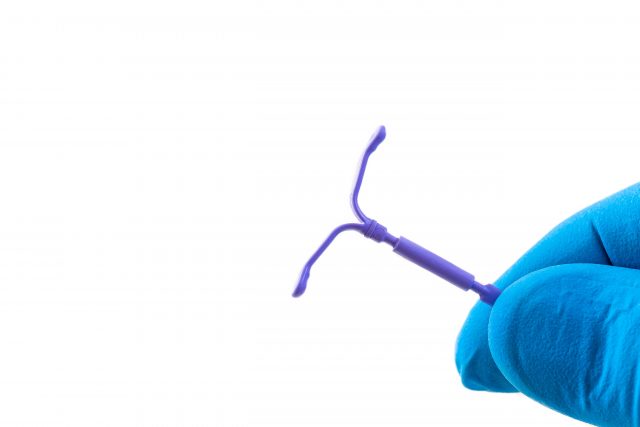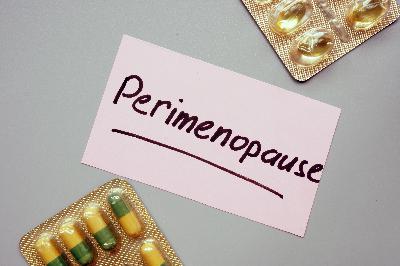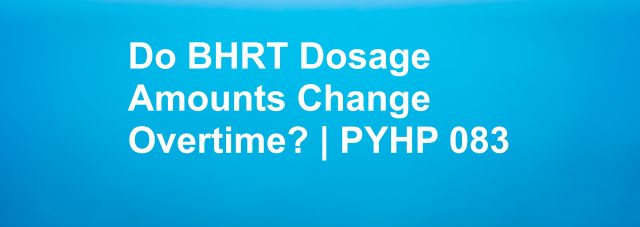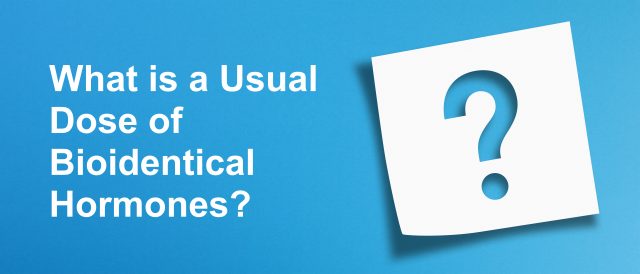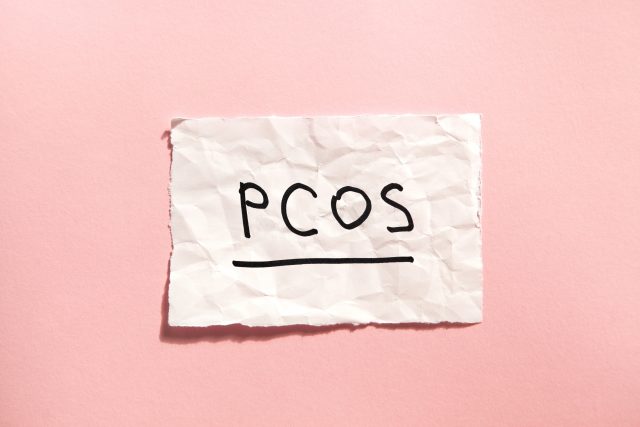What Is Oxytocin Used For? | PYHP 095
Description

Question:
What is Oxytocin Used For?
Short Answer:
The hormone oxytocin is available by prescription from compounding pharmacies. The most common uses for oxytocin is to enhance female libido and mood. Also, research has shown that oxytocin may also be helpful in weight loss. More research is needed to better understand how oxytocin can be used as an effective therapy for obesity.
PYHP 095 Full Transcript:
Dr. Maki: Hello everyone. Thank you for joining us for another episode of the Progress Your Health Podcast. I am Dr. Maki.
Dr. Davidson: And I am Dr. Davidson.
Dr. Maki: So on this episode, again, we are going to introduce something that we have used quite a bit with our patients. We are going to talk about a hormone, actually, a hormone prescription called oxytocin. I know a lot of people have heard of that before, right? It is considered to be kind of the love hormone. But it can be used, it can be turned into a prescription and we use it quite often.
Dr. Davidson: Yeah. I have actually used it a lot with patients. When it works, it works really well and the great part to it is there is not any necessarily, negative side effects to it. So if it works, awesome. If it does not, then okay, we are back to the drawing board. Those of you that have heard of oxytocin, they think of it as like the love hormone. But it is. You know what, it can help with female libido and that is probably a cup. Probably the two reasons that we use it or I use it is for working on female libido because we know that that can be a tough one. Because school rules are complicated. The other part that I use it for is just a sense of well-being. It does kind of help bring up that mood. We live in a stressful world. We live in a sympathetic, adrenal fight-or-flight world, whether it is watching the news, or driving your car, or getting to work on time, or working with family, things are stressful that I find that oxytocin can really push you over to the other side to help bring that joy back so you do not always feel so rushed and overwhelmed.
Dr. Maki: Yeah, right. I would agree that those are the two main things that you and I use it for. We are not really big fans of antidepressant medication in general. We never use them. That is fine if people want to take them, but we are not necessarily going to prescribe those things. That is just not what we choose to focus on. Oxytocin is kind of our version of something like that. It has very good, as we are talking about one of our previous episodes, the cost-benefit ratio oxytocin, also has a very good cost-benefit ratio. It works great. You get some benefit from it. There have been a few where they just do not notice anything or the effect of it is not substantial enough for them to notice any subjective improvement. Again, it is very subjective. Libido, maybe not as subjective either, your libido increases or it does not. The mood can also be kind of an up-and-down roller-coaster. There are good days and bad days that it can also be a hard thing to gauge or quantify over time if it is actually helpful or not. But the ones that it does, I had a patient to talk to earlier this week. Now, this is where it gets complicated. There are a few different types of dosing forms. All of them were had to be refrigerated that has some issues. But now they have some sublingual, they have a nasal spray, they have some I know that do not need to be refrigerated like a stable tablet. She has three different ones and she uses them all for different situations. When she took the original one, the refrigerated form, she noticed a dramatic difference in six days. Ever since, she is like, I love it. I think it is great. She is a business owner. She has got a lot of pressure, a lot of stress relatively and it just gives her that little bit of pick me up to be able to get back up and do it all over again.
Dr. Davidson: Something you had mentioned earlier, it certainly is not a replacement for antidepressant medication. We do not use it in that way. We are not big fans of antidepressants you know, in the right circumstance. Absolutely, it is so necessary. But that is where we are part of a health care team. We work all together as a team. So we all know what our patients’ other doctors are doing with them and what prescriptions they are on. Now, granted our patients’ other doctors, like their GP or a gynecologist or psychiatrist, do not exactly understand what we are doing, but that is okay. We are still on the team together. But the neat thing about oxytocin is, let us say somebody is on some other types of medications, there is not a lot of contraindications with taking oxytocin. Even with vitamins. Like if someone is on a blood thinner, you do not want to put them on too much vitamin D with vitamin K2 in it because that could then their blood some more. Even vitamin C or fish oil can thin the blood. You would not want to take 5-hydroxytryptophan and maybe some mucuna to raise up your dopamine if you are on some kind of SSRI or anti-depressant medication. There are so many different contraindications when it comes to medications. The neat thing about oxytocin is, regardless, is we can give it a try. If it works awesome, if it does not, if you do not notice it, that is okay. Like Dr. Maki was saying as I do think we should probably go back to and explain a little bit about the dosages and how you take it. So originally with oxytocin, when we would use it, it always came as a nasal spray which was not the funniest thing to do. It is almost like you put it up to your nose and you spray it, kind of like Flonase or Afrin or something. But it comes in that little container. You have to keep it in the fridge. It does sting a little bit in certain people’s mucous membranes. It stung mine. Because I have tried everything. Everything we do, we always try. We got to experiment.
Dr. Maki: We are our own little guinea pigs in that respect.
Dr. Davidson: I am not going to give anybody anything that I would not do myself. y
Dr. Maki: That is true. I used to coach some nutrition students and I tell them the same thing. f you are not willing to do it, do not tell your clients or your patients to do it just because you have the experience. When it comes to diet, nutrition supplementation, medication, all that kind of stuff, in there is a little bit of, kind of trial and error to understand how the experience of trying something.
Dr. Davidson: Exactly. Well, we have tried the nasal spray and it does work. The nasal spray is more absorbable and that is why they had it as a nasal spray because oxytocin is very hard to digest. That is why the capsules because they do come in capsules, oxytocin capsules. Because we did eventually end up using the capsules more often than the spray. But once you take that capsule, your stomach acid really does destroy a lot of it. So you have to do kind of a higher dose, kind of like you do more. So whatever it destroys, whatever is leftover, you are able to utilize. So now, more recently, which is really nice, is now there are available, the sublingual tablets. I do think the sublingual tablets are really awesome. They do not taste bad. You do not have to spray it. You can technically travel with it. Ideally, you want to keep it cool. You certainly do not want to put it in the glove box of your car in hundred-degree weather. But at the same time, I do think the tablets are much more absorbable than the oral. In some ways just as absorbable as a nasal spray but much easier to use.
Dr. Maki: Yeah, right. Like the patient I was talking about just a few minutes ago, she travels quite a bit and she uses one for at home, the refrigerated version. She keeps that one in the fridge. I was trying to ask her which one do you like the best and she goes well, it is not really which one I like the best. If she had to pick one, it will be the refrigerated one because that was the one she started with. She noticed an improvement within six days. But the other ones allow her to be able to take it in when she travels because it is heat stable or temperature stable. Even the sublingual like you said, she will take half of the tablet of the sublingual and use that at the moment if she is having a stressful day or whatever. She really finds a lot of benefit from that.
Dr. Davidson: I love that we are doing patient examples when you are talking about this. When you say she found an effect within six days, she noticed an effect, she takes it to get a particular effect. What effect are you talking about?
Dr. Maki: Well, she just said that she just noticed that she felt better.
Dr. Davidson: Mood-wise.


